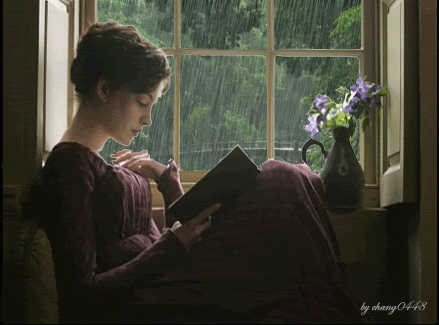What do you think?
Rate this book


148 pages, Paperback
First published December 24, 1996
“To stay with that shakiness - to stay with a broken heart, with a rumbling stomach, with the feeling of hopelessness and wanting to get revenge - that is the path of true awakening. Sticking with that uncertainty, getting the knack of relaxing in the midst of chaos, learning not to panic - this is the spiritual path.”
